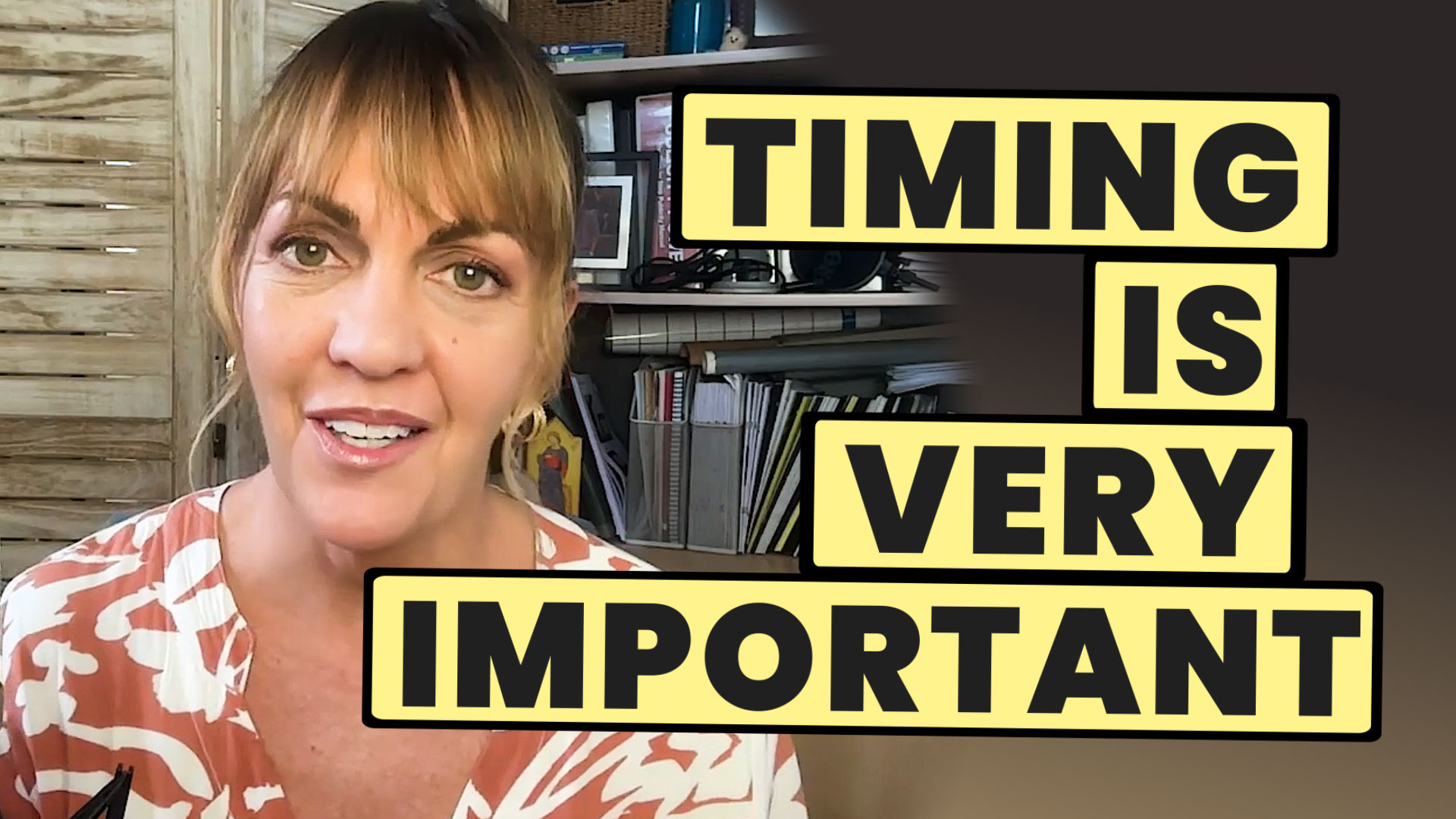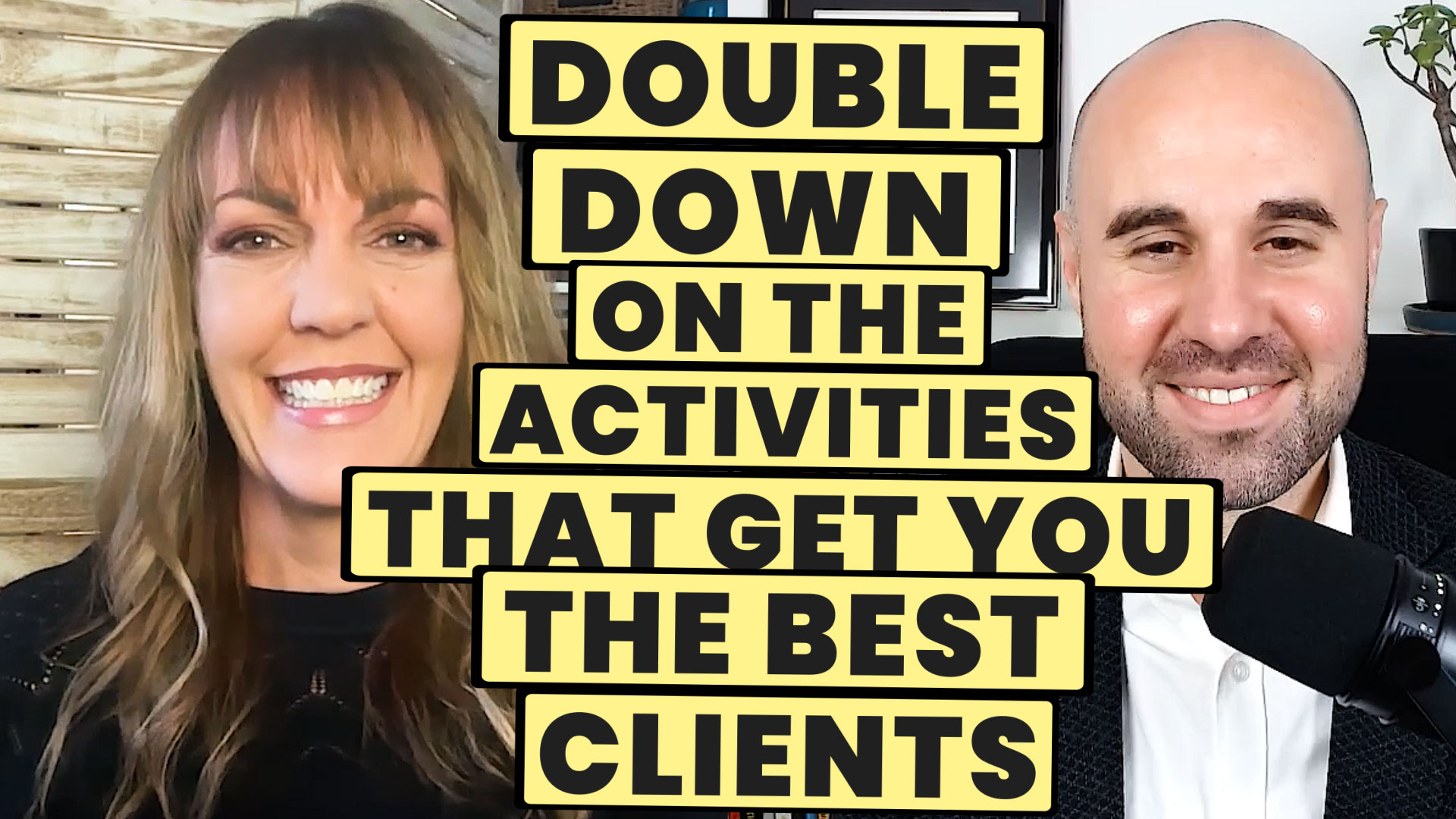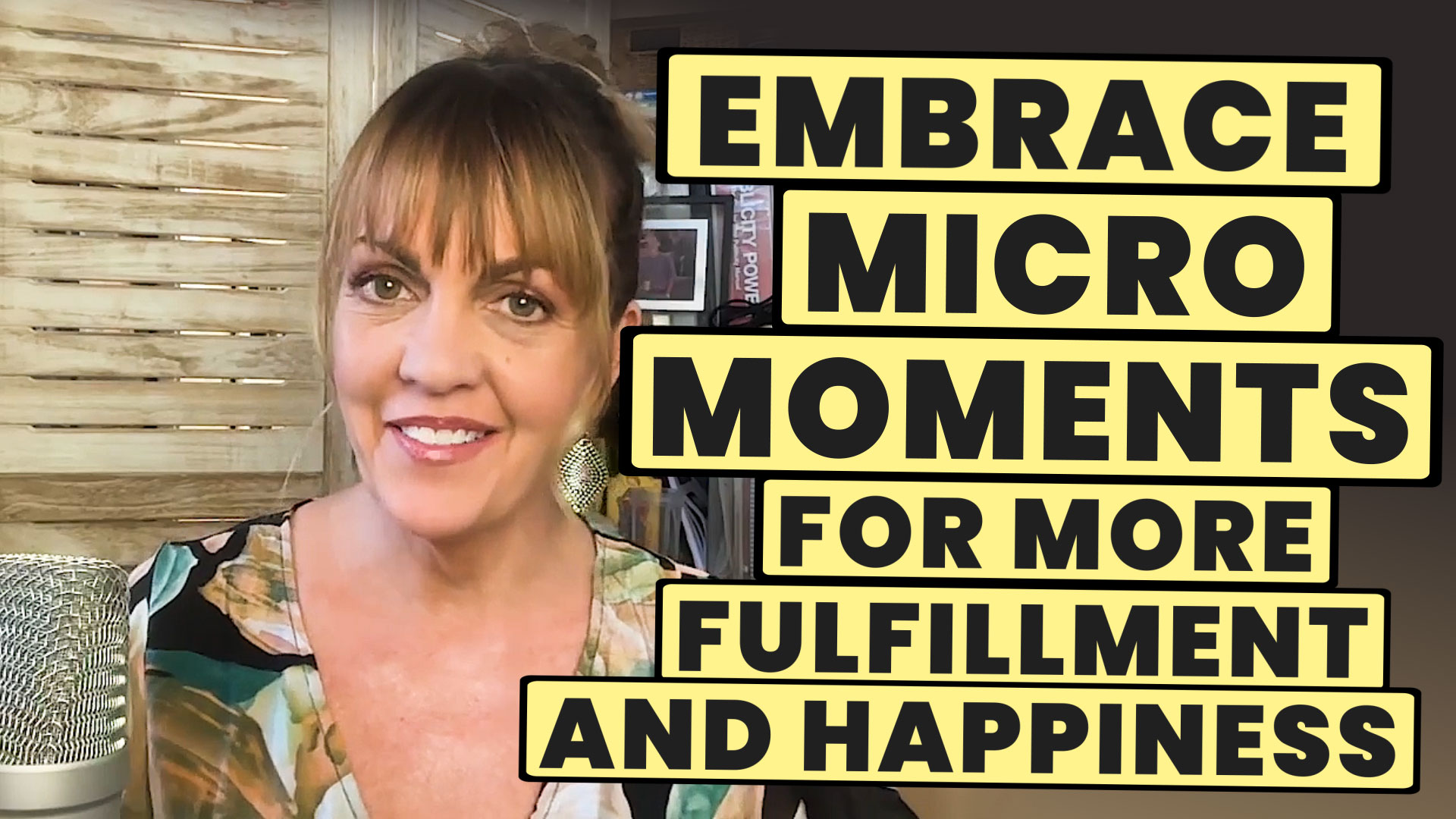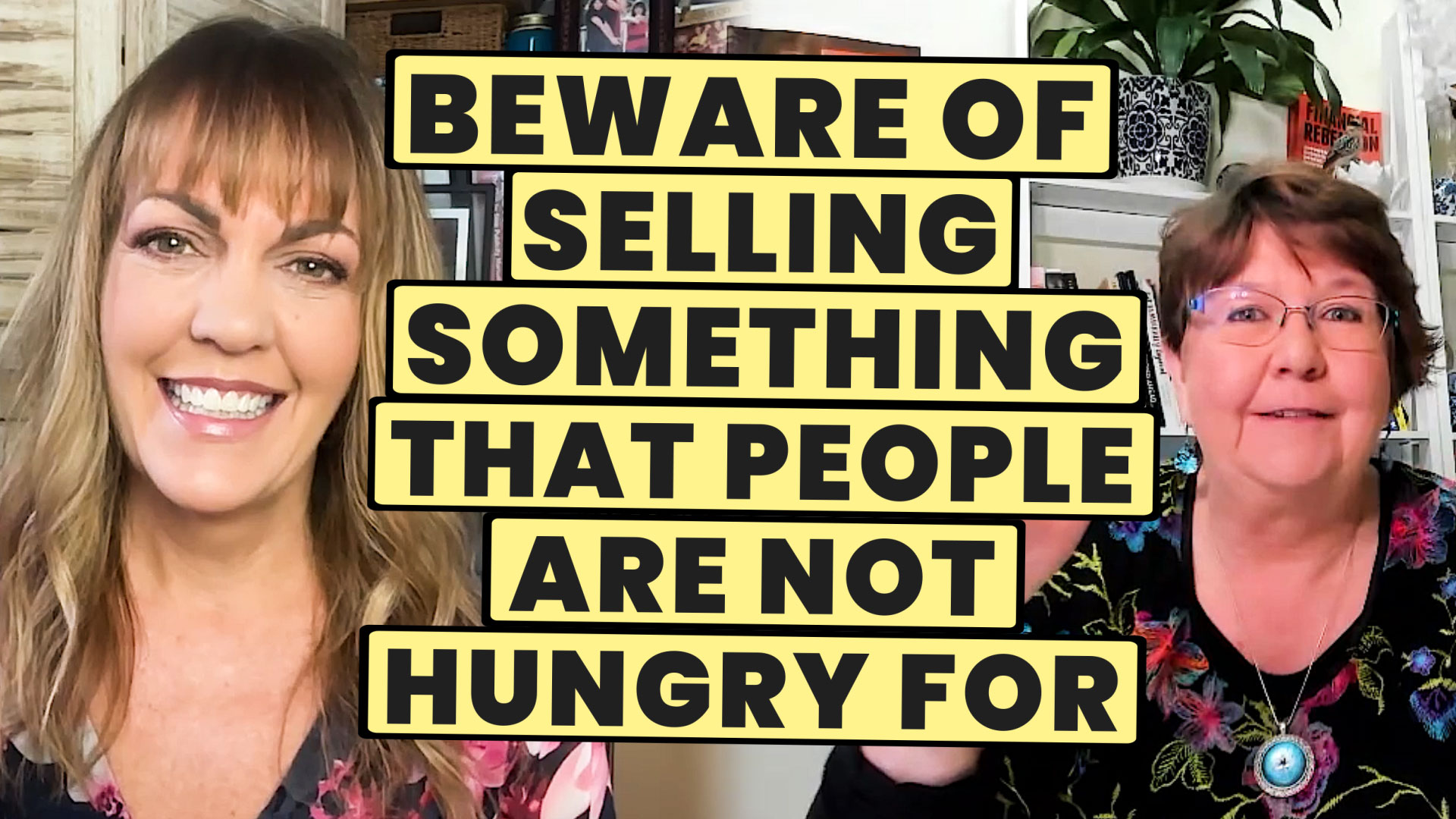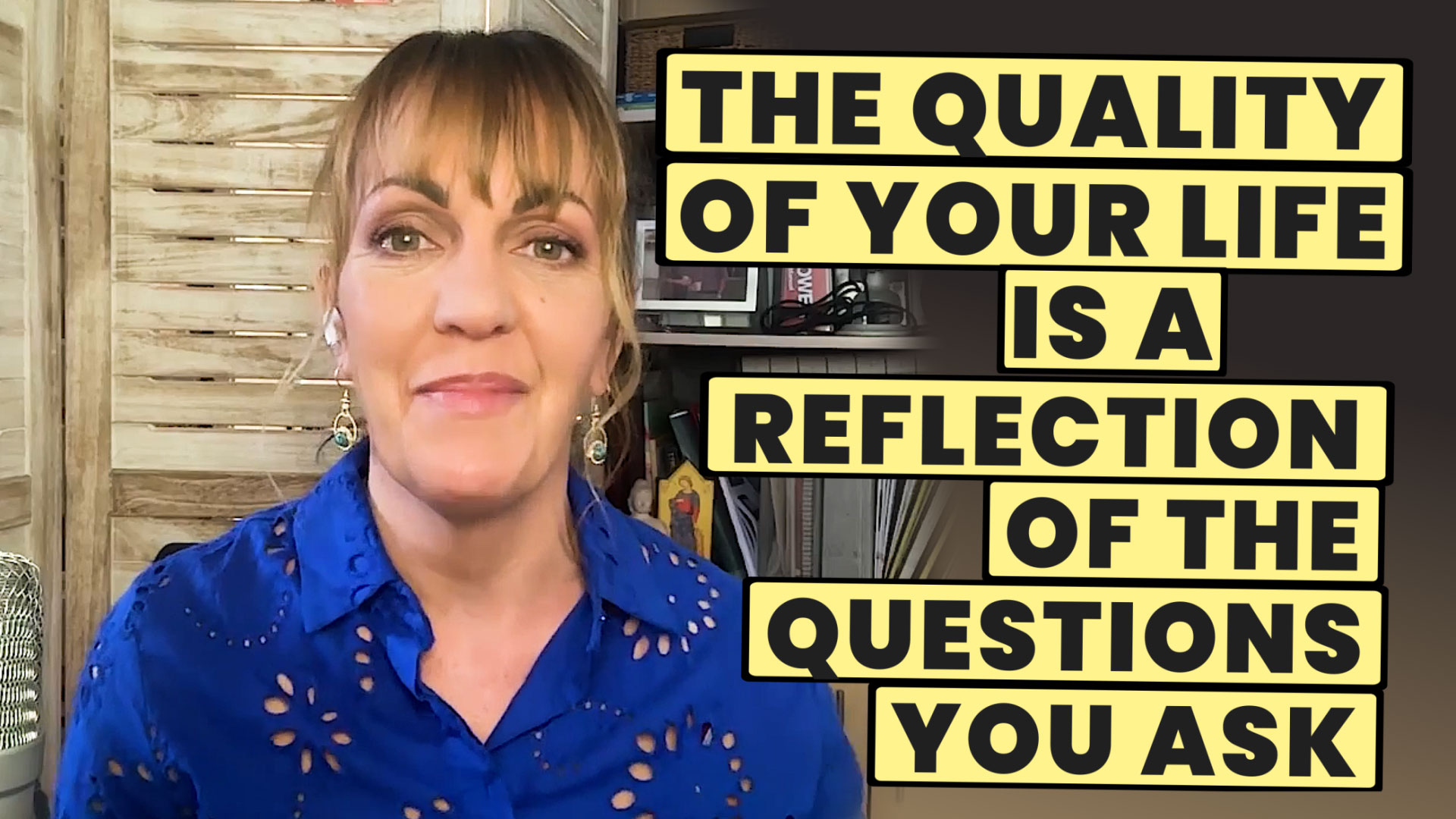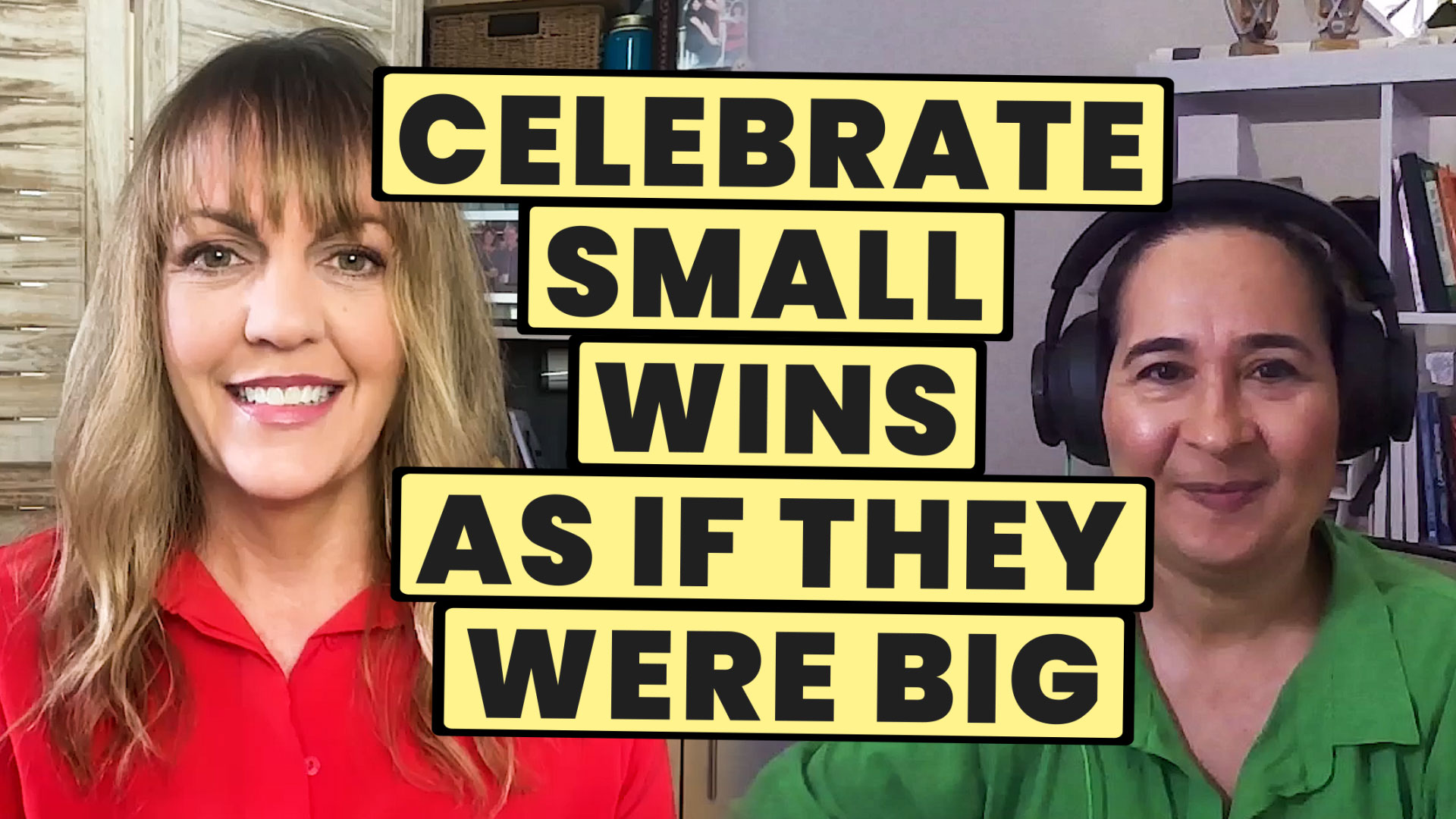Episode 137 Transcript
Heather Porter (00:06.668)
Hello, welcome back to episode 137. About a week ago, I was staring down at DJ Tiger Lily doing her dress rehearsal. Now she's a very well known DJ here in Australia. The music was so loud because we were testing the levels to get them just right. You know, the bass and the sound to make sure it's loud, but it wouldn't blow out the attendees ears. The lights were like.
flashing all over the place. There different colors and lasers moving all around the massive ballroom. On the 28th of November, I helped the lead show caller with the AV team. So basically the guy in charge of the show for the Australian Hair Fashion Awards. And this was at the Star Sydney in the same exact ballroom as the Logies.
which is an award show here in Australia. So a big, massive, fancy venue. Now I thought I'd just share a little bit about, you know, the behind the scenes of this event. Why was I there? Why was I up in AV? And just some of the lessons that I learned as well from being in a very, very, very high pressure, fast paced environment. I mean, I share with you guys that, you know, my stories of
doing speaking gigs and teaching and then obviously my business and my clients. But I do these little side things as well. And I thought I'd share it because the reason why is this. The lessons I learned from being there or the things I thought of when I was there, I think are applicable in anything in life, specifically in business. So what is the AHFA, Australian Hair Fashion Awards? It is an event. It's been around a long time.
It's run by division. And what it is, as it sounds, it's for the hair industry in Australia. So hairdressers, you know, basically submit their entries to hopefully become a finalist. And then on the night, the finalists are presented or called out. And then a winner, just like any other award ceremony where there's a MC or a person or an announcer that goes up on stage, whether that's a sponsor, a partner.
Heather Porter (02:28.752)
a previous award winner, they open up the envelope, they announce the winner's name, and then we have a person on the side of the stage that hands out the beautiful award. So that is what it is. So you can imagine 800 people in the hair industry. Imagine what that would be like. Not only their hair, but the makeup, the outfits. It was very fun, people watching.
So how did I get invited to this? Well, a really close friend of mine, Ellie, if you ever follow my Instagram, you might see some shots of her over there. She actually works for the company that puts this on and she's in charge of the show. Essentially she puts the whole thing together and she knows about my background working for Tony Robbins and other speakers and with my own event business back in the day in the States. And so she loves to get me there.
for extra support essentially and to help the AV team do their job. And yeah, I'm not saying like, like they can't do their job, but it's an award show. So you can only imagine the craziness of what happens. You have these category videos that have to go up for each hair category. Then you have the finalists video reel. Then you have the, the winners little video. And then you have
a fashion parade that happened. Then you have DJ Tiger Lily throughout, and then you have another DJ that's happening throughout playing music as the winners go up to the stage. And then you have these other slides that have to go out and these other videos that have to go out throughout the show. It is crazy and fast paced. So she gets me in because of my background in events. And she basically just has me sit with the audio visual team up high, way up above everything.
and make sure that they're clear on what needs to happen. So that's how I got invited. I did it last year and then I came back this year and I basically sit up in the AV. So for those of you that know events, you'll totally be like, yeah, I get, I know exactly what you're saying. For those of you that have never really been in the event industry or don't really know what goes on behind the scenes, you have this AV area that's removed normally high up so we can see everything that's going on in the room. And I was stationed at this
Heather Porter (04:51.744)
big AV audio visual area and you have all the mixers, the sound mixers, you know, you have the show caller, which is the guy I was working next to, which is essentially the guy, you know, in charge of the show and he's on the radio with all the cameramen. He's managing the guy that puts up the videos and the slides. He's managing the guy that does the music and the volume levels, all of it. And I'm sitting next to him and at my station, had a computer that had the script.
from every single announcer, emcee, finalist speech. Actually, the finalist did their own speech, yeah, the announcer is essentially the finalist. We had the script in there and we had these cues throughout the entire script. And then he was in front of a teleprompter, so he could only see essentially what's coming up, what exactly is gonna be said in the next few sentences. So I did a couple of things to help them out. Number one is every single time a winner would go on stage, I would time them.
I'm sure you guys have seen this, when you've watched award shows before, the music comes on to boot them off the stage. That was my job, is essentially to make sure that they're going over a minute, we turn the music up. So I had the timers on and then also I would basically queue up the team because I had that script, so I knew what was coming up. So that was me sitting there, I had my little headset on, I was communicating with the team through the radio. Everyone in the venue team could hear each other through the radio.
So I'm painting the picture for you guys. You can imagine it, right? 800 people, lots of loud music, lots of lights, lots of action, lots of stress, lots of things happening. So what did I learn from this incredible role sitting out there for four hours straight? Number one, timing is so, so, so important in anything. Now for me specifically, it was all about not interrupting the team when they were talking, because I always had my headset on.
And I knew that there was so much happening that, you know, the video guys were bantering back and forth and we the lighting guys and this and that and this, all the things happening. But I would be looking at my script and I'm being like, okay, there's a video, a really important video. I need to make sure that this is played exactly at the right time. So I knew I had to give the team a heads up, enough time to prep the video and get it ready, but also not talk on top of somebody else and not too much time where they're going to forget.
Heather Porter (07:21.35)
So timing is important. Number two, be helpful. Be helpful. Always ask what is needed and do not assume anything. going in there, mean, yeah, my, was sort of, you know, just filling in to help out. I wasn't, I wasn't in charge of the show and I didn't want to come in with an ego in any way in doing that. And I'll give you an example of what I mean. So I would ask.
the main guy said, okay, I can see the script. I know when to cue you guys, especially the video, the guy that's playing the slides and the videos. I know when to cue you in advance to make sure you don't miss anything. And I only want to be helpful. So out of all the cues, which ones do you want me to call out? And we had a little system and a plan around that. And there's always chaos and events. So naturally there's a couple of times where we didn't get the video up right on time, but that was because of other reasons.
they were happening behind the scenes. And so there's this, the woman on the teleprompter and she would just chime in over the top of everyone and go, why aren't you playing the video? So it would stress everyone out and then therefore, you know, was just, just not helpful. Right. So in that role, it's very much around being helpful to people around you and working out what that actually means and not assuming what that means. The third thing I learned was being concise. Only say what is needed.
Instead of saying, hey guys, in three minutes, there's a video coming up and we need to play that. It's 30 seconds cue showreel. Done. So be concise. It's really important getting those, those words out the right time, not saying anything more than you need to. The next lesson I learned was acknowledgement, acknowledging the team when they do something great. There are definitely moments of chaos, right? So we had a fashion parade that was there during the front of the show.
A lot of things happening through that. had all the different DJs coming in and out as well. So there are moments when everyone, all hands are on deck and it's important to acknowledge during those incredible moments how great everyone did. The second to last thing I learned was taking deep breaths and being present. Because if you're literally not present in every single moment, you could miss the fact that, that speaker.
Heather Porter (09:45.004)
totally went off the teleprompter, but we still have to work out what she's saying because we have to queue up a video that she's going to announce coming up who knows when. If you're not present to the fact she went off script, then you would miss the queue. So being present, taking deep breaths. I remember when I used to run big events for back in all the days I worked with different speakers. And one of the things that I trained another event manager on was never, ever, ever run.
and be present with every moment that's happening around you. Cause if you're running around, you're not actually seeing what's happening. So it's just an important thing, right? You just slow down and pay attention to what's happening. And then the last thing was to take notes of areas for improvement as they happen. So you don't forget in the events world, this is oftentimes called like a debrief and you should be doing it your business as well for every campaign you launch.
every new offer you come up with, what worked, what didn't. So at the end of the event, I had this whole checklist literally of that. Here's what worked really well. Make sure you do it next year. Here's what didn't work so well, what could be improved. And then I went around to the team and I said, and do you have anything you want to add to the list? So that becomes a really great starting point for the team next year, whether or not I am there. So the core lessons I learned were time is
Timing is very, important. Be helpful, be concise, acknowledgement of your team when they do good things, taking deep breaths and being present. Don't rush and obviously take notes on those improvements as you go. So what's working, what's not working and document it as you go. And I knew that maybe that could help you, but it might be one or two things in there just with your life or business or what you're working on. And also maybe it was just interesting hearing a little bit about
what goes on behind the scenes inside of a massive ballroom in Sydney to run a massive event. And lastly, one other thing. People are people, ultimately. We all, really most of us want the same things. We're all fighting our own demons, our own battles, our own securities, and a genuine compliment can go a really, really long way.
Heather Porter (12:06.112)
I not only saw this with the team I worked with, but even the attendees. When you pay someone a compliment and you generally mean it, it's really amazing to see how they receive it on the other end. And just remember this, many people hold their kind thoughts inside and they don't share them. So the next time you have some something nice to say, or you think something nice about a client, a supplier,
family member, a team member, a friend. Say it, don't hold it inside. All right, that's my little story for the AHFA and I will talk to you guys soon. Thanks as always for listening.
